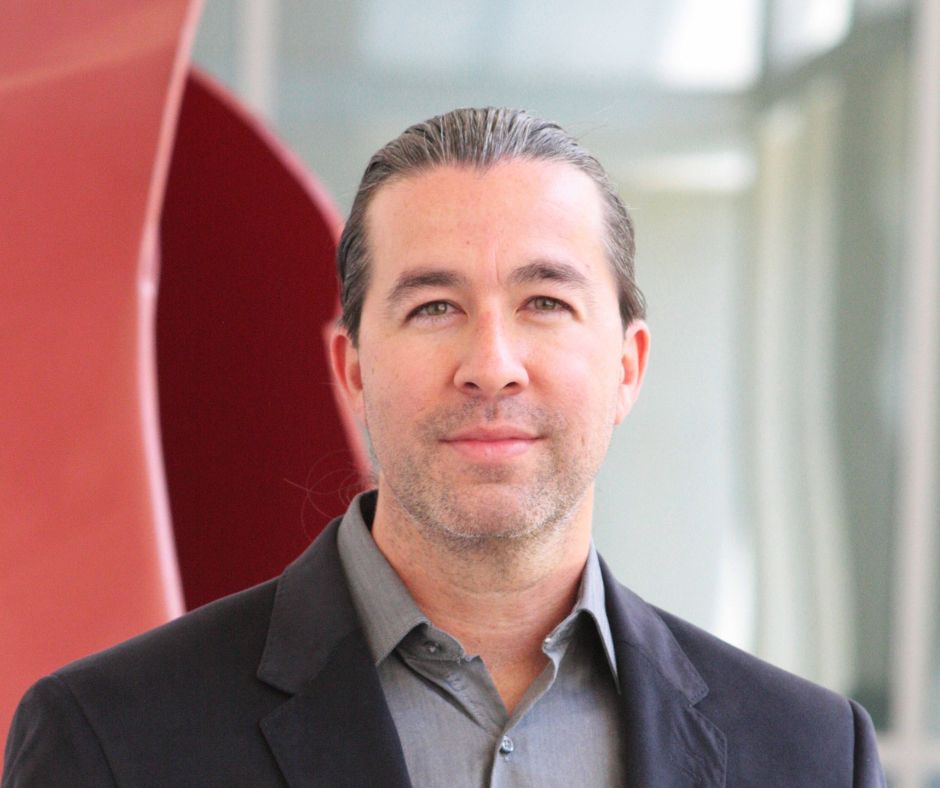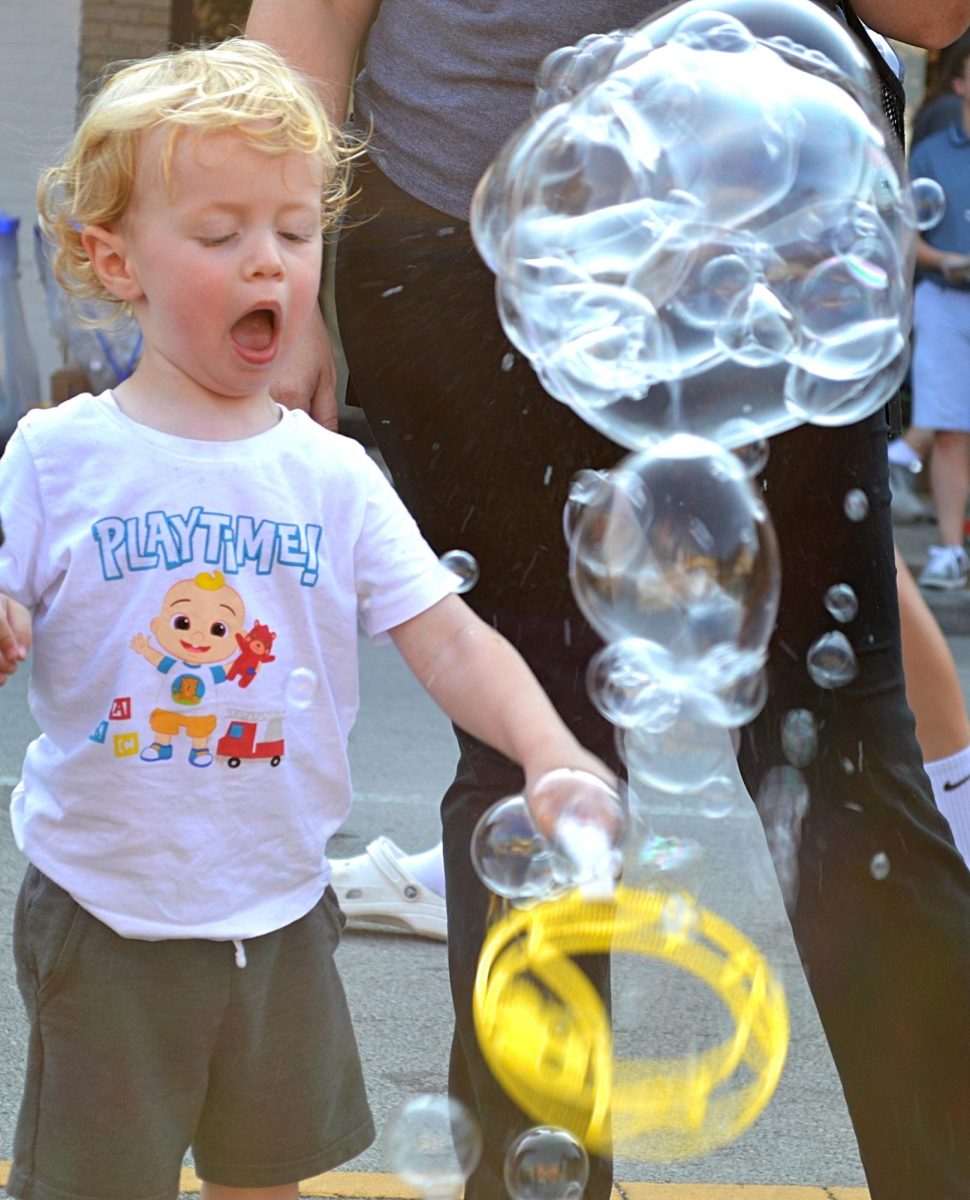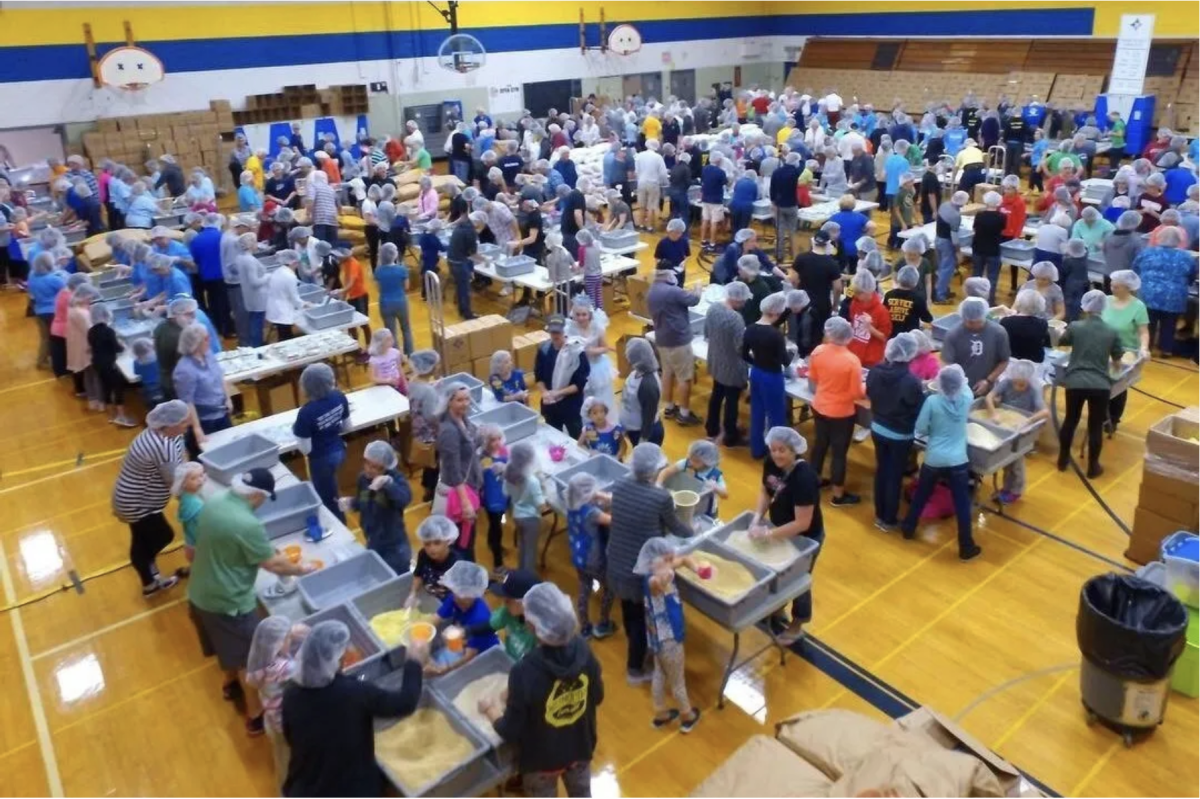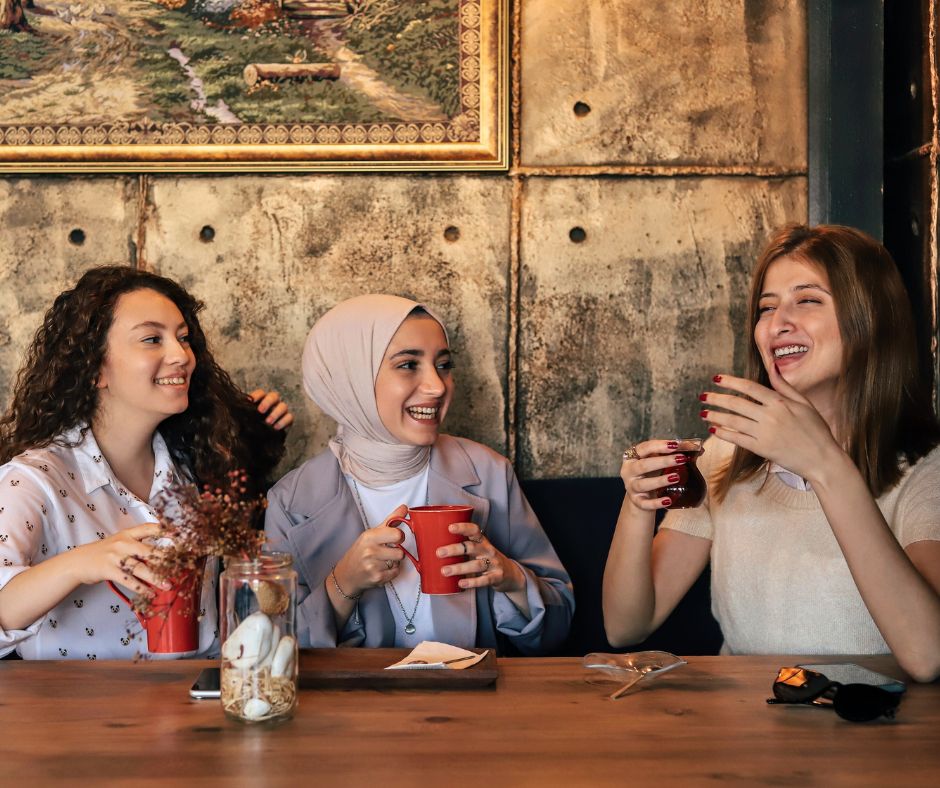Making friends can be a challenge for some students their first year in college.
However, students in the residence halls only need to walk as far as the lobby to get more involved.
Through hall programs, resident advisers and students can help build a sense of community, said Tim Shaal, senior associate director for the Office of Residence Life.
“Students come to campus not knowing anyone,” Shaal said. “If we can get them more involved and make new friends, they are more likely to stay in college.”
Hall programs range from social events like ice breakers to the other five pillars such as academic, diversity, spirit and tradition, leadership, wellness and service.
This past year alone, there was a total of 2,389 programs set up between the residence halls, 1,688 being social.
Shaal said Residence Life has a six-week challenge where the most programming occurs because it is within the first six weeks that students decide whether or not to leave college.
Elise Draper, McDonald hall director, said this year the hall is focusing on building up large-scale social programs to increase student involvement.
Events like the Mactastic Olympics, which was composed of games to get residents to compete and interact with each other, have received popular feedback, Draper said.
The staff tries to build a rapport with the students and create an outside-of-class learning experience to make it feel more like a residence hall than a dorm, she said.
“It’s more than just a place to stay,” Draper said.
For Administrative Resident Adviser Nick Doehr in Harshman, some programs are all about connecting and making friends.
Programs like setting up floor agreements give residents a sense of ownership of the place they live in and give them a chance to get to know one another, Doehr said.
For Sidney Scroggy and Allison Rybinski of third floor Bromfield, a hall program on opening weekend was the reason they became friends.
“They make you feel a part of the group and you don’t have the chance to be anti-social because they won’t let you,” Scroggy said.
Making new friends allows students to create support systems as well.
“If you get homesick, you know you have someone to go talk to,” Rybinski said.
For more isolated and upperclassmen dorms like Falcon Heights, the staff has to take a different approach.
“Residents can go in their suites and never come out, so the RAs have to work to get them out through visiting different programs outside like Campus Fest,” said Jennifer Poggiali-Buening, Falcon Heights hall director.
The students have already had a year experience and want to get more involved, Poggiali-Buening said.
Hall programs can also serve as an alternative for going out to the bars.
“We provide a safe environment and alternative so students don’t feel the pressure to go out and can meet other students who feel the same way,” Poggiali-Buening said.


















